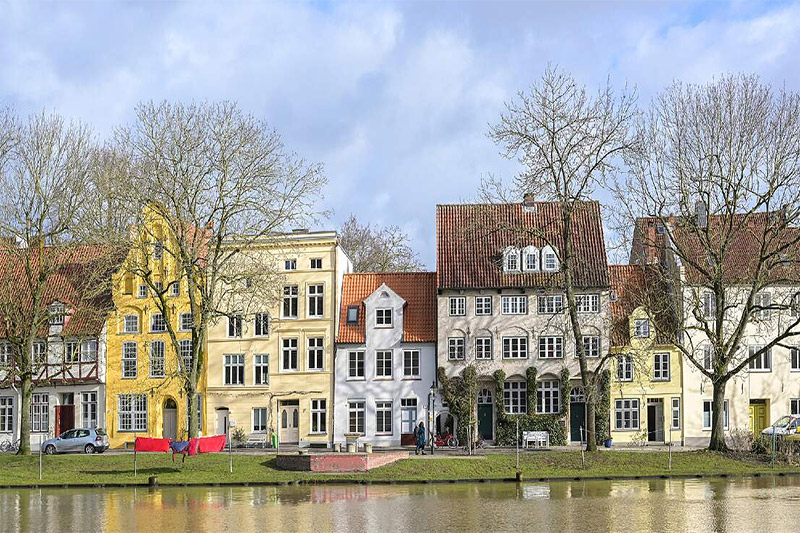House prices in Germany rose record 12,2 percent at end of 2021

German banks might set upper limits on LTV ratios
“If further excessive risks build-up, we reserve the right to adjust the buffers or to use other instruments instead,” said Bundesbank board member Joachim Wuermeling to Handelsblatt. According to Wuermerling, this could involve setting an upper limit on the LTV ratio (loan to value ratio).
An LTV ratio reflects the relationship between the value of the property and the amount of money being borrowed. It is calculated by dividing the value of the loan by the value of the property. The higher the value, the riskier the loan is for the bank.
“Against the background of sharply rising prices, housing construction loans have simply become more risky,” said Wuermeling, adding that people buying houses in Germany are taking on more and more debt. “They finance an ever-increasing proportion of their acquisition costs through loans and bring less and less equity with them,” he said. Recent data shows that the loan value now exceeds the property purchase price in nearly 10 percent of sales.
Bundesbank sounds the alarm on overvalued property in Germany
The Bundesbank has long been warning that property in Germany is increasingly overvalued, making the market vulnerable. The EU Risk Council ESRB also sounded the alarm recently over sharply rising prices in Germany and other EU countries.
The financial regulator Bafin has already introduced stricter regulations for institutions. Banks in Germany must keep an additional capital buffer as a precaution against possible setbacks, and as of April 1 this year an additional buffer was introduced to specifically protect real estate loans.
Published: April 13, 2022